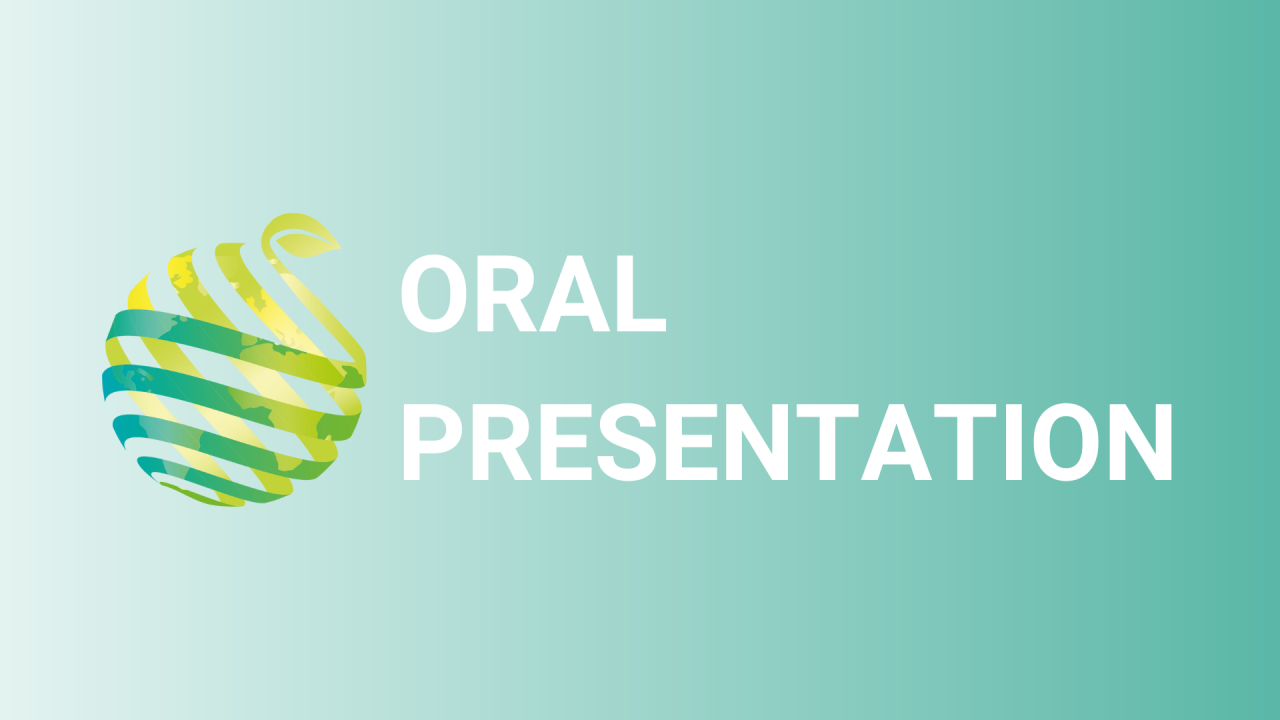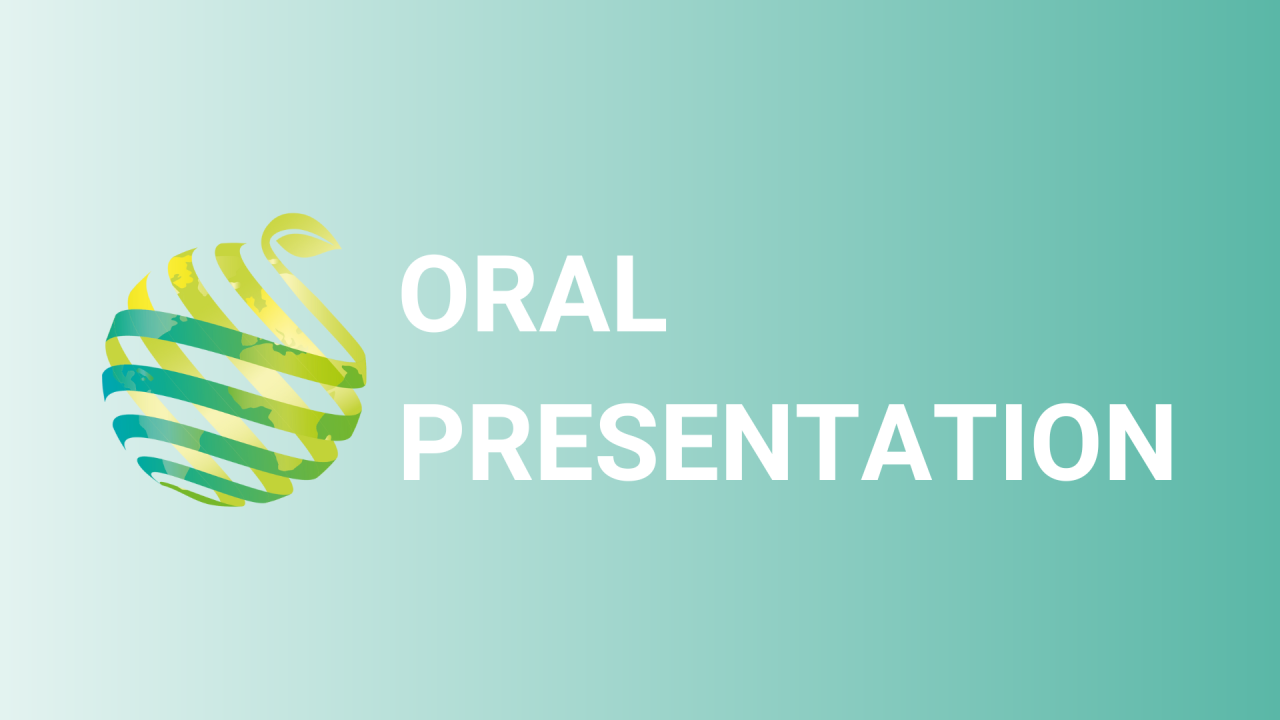

S07 - Session O3 - Cultivating urban habitats, a human species recovery action plan needs more than food and medicinal plant diversity to survive
Information
Authors: Alistair Griffiths *, Lauriane Chalmin-Pui, Ross Cameron
Humans are threatened by climatic change and loss of global biodiversity. These phenomena undermine the integrity of our ecosystem, with direct and indirect impacts on human health. Recent evidence indicates green space is fundamental to human well-being, through provision of material and psychological benefits. The World Health Organisation stresses that the decline of mental, physical and social health is of major concern, accelerated by urban densification and the loss of traditional human habitat (green space). Without immediate actions to tackle these global challenges our species is at risk of becoming extinct. There is an urgent need to draft our own species recovery action plan, but what should our future habitat look like? and what types of plant diversity is essential for our survival? The Royal Horticultural Society (RHS) Plant Finder lists 81,000 different types of ornamental plants in UK Gardens, outnumbering those used as food/medicine. This suggests we have a dependency on a diverse community of ornamental plants as part of our habitat. Food/ medicinal plants are essential for survival and a component of our lives. However, as mammals our habitat also needs to fulfil our emotional, psychological, physical and social health. Thirty million UK gardeners use ornamental plant diversity to bring them 'joy', nourishing their souls. Furthermore, 75% state gardening has a positive impact on mental health, 71% physical health and 44 % on social wellbeing. This suggests that ornamental plant diversity is as important as food/medicinal plants for our survival. Yet ornamentals are often seen as being a luxury rather than essential. Further research is needed on the optimisation of ornamental plant diversity to create urban habitats that specifically support human and planetary health. Ornamental plants need to be part of the future human species recovery action plan and help prevent our species' extinction.